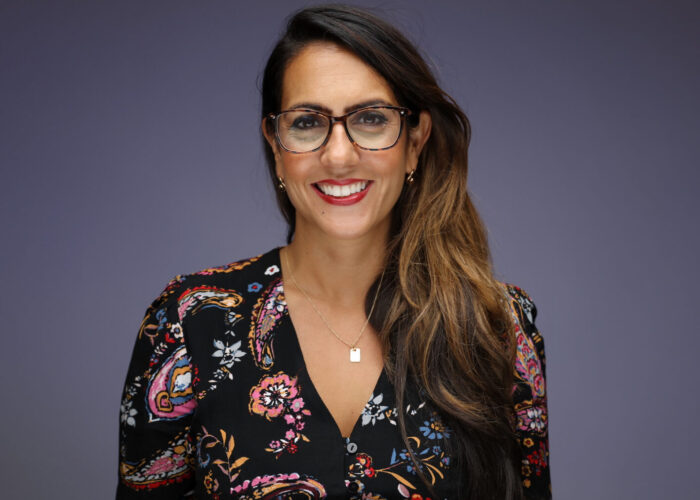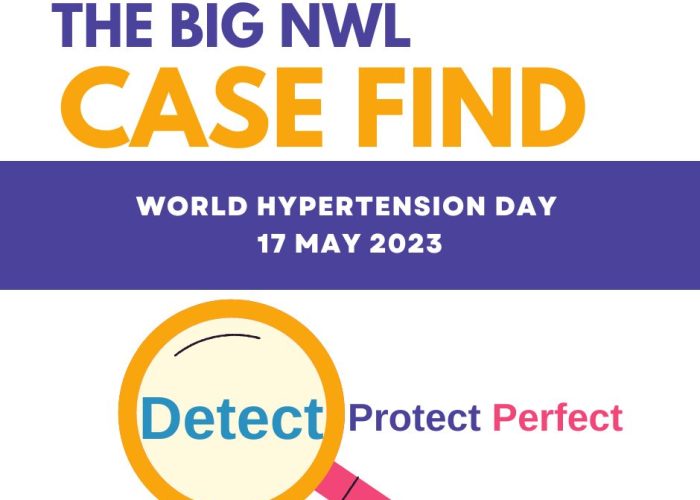Danny Bosch PhD, ICHP Associate Director of Business Development and Commercial, explores the value and complexity of commercialisation in the public sector.

I have spent the last five years of my career supporting commercial and social enterprises to become more profitable, so that they could create more benefit for patients and the public. In my current role, this is focussed largely on ensuring the honest brokering between the NHS and industry partners, particularly from the pharmaceutical and biotechnology industries. Business development and commercialisation can have negative connotations of ‘fat cat’ shareholders getting richer. But profit is not just financial, companies can deliver both purposeful impact and financial returns.
At ICHP it’s in my remit to ensure our healthcare system benefits from innovation, and to develop our business in a way that appropriately brings in expertise and/or funding from other industries into the NHS – and vice versa – so more patients and populations can benefit. A common assumption is that the NHS is always a loser in a contract with ‘Big Pharma and Biotech’, but in reality, this is not the case and the ecosystem needs all players to be able to accelerate positive health impact across the population. Industry plays an important role in bringing innovation and improvements to the NHS. Be it revolutionary gene therapy or Diabetic risk prediction tools, it is examples like these where NHS and industry need each other to create the greatest patient benefit.
At ICHP we work with innovators as part of the Academic Health Science Network where we support them with the development, evidence-generation and implementation of their innovation. We also work with industry – small and large – on specific research questions. With our trusted relationship with the NHS, expertise in patient and public involvement and engagement, and understanding of care pathways, we use a combination of having the right people in the room (e.g. clinical and academic leads, patients, innovators), supported with the real world data (thanks to our hosting of Health Data Research Hub for RWE l Discover-NOW) to target impactful points of intervention within care pathways, with innovative approaches. A combination we call our Living Laboratory approach.
“…The ecosystem needs all players to be able to accelerate positive health impact across the population.“
Take for example the double HSJ award-winning iHeart project ;we’ve recently been involved in. In July 2020, a co-design team was formed, with representation from Imperial College Healthcare Trust, North West London Integrated Care System and AstraZeneca, to create a more integrated pathway for heart failure in North West London (NWL). Using real-world evidence provided by the Discover dataset, the team were able to not only quantify the extent of the problem, but also assess the potential effectiveness of two different technologies – EkoDuo and Luscii – alongside several other pathway improvements. The resulting study concluded that a combination of the two technologies, together with the other relatively simple pathway changes, could save £27.4m a year the health care system in NWL alone through increased diagnosis of heart failure within community settings, reduced unplanned hospital encounters, increased patient convenience and improved outcomes and a remote monitoring app for heart failure medicines optimisation. The technology has now been adopted and around 100 patients in NWL are using it to monitor their condition.
This unique combination of experts, supported by real world evidence that could lead to actionable insights, allowed for an innovative pathway transformation that benefited the whole sector to be deployed much more quickly and efficiently. It really is a win-win.
What makes partnerships a success in these engagements boils down to a few simple rules that all system and commercial partnerships need to have to succeed:
Equitable return on investment (beyond finance)
We see in the life science industry a move from pure financial profit orientated to serving a purpose. This intent to creating shared value across the ecosystem via partnerships is very much core to our undertakings and we have a rigorous contracting process to ensure that commercial and intellectual property terms are fair for both parties, and that allow us to create population and patient benefit.
The iHeart project is a great example of return on investment for all parties. The project had a very specific mission and the partnerships were built to deliver mutual benefit. It was based on each party benefitting from the project for different, but mutually supportive, reasons and in different ways, acknowledging that each party has their own drivers. We supported Luscii and EkoDuo to generate the type of evidence for their products that was needed for uptake in the system. The benefit for Luscii and EkoDuo was evidence generation to the prove case for system adoption, while NWL ICB reaped the benefits of cost reduction and – most importantly – avoided hospital admissions and improved outcomes for patients.
Everyone doing the thing they are best at
Our healthcare system needs innovation, but it doesn’t have to deliver it all on its own. And between back logs and increased demand, it would be remiss to put all our hopes and expectations on the NHS to deliver all the improvements, investigations and investments. Industry partners are key to providing this innovation. But co-design is imperative for securing the greatest outcome: industry partners understanding exactly what the NHS needs from innovation, and the NHS trialing innovation in real world settings, to really test these new ideas and products. Being able to see the benefits of EkoDuo in practice has the potential to facilitate much better spread and adoption across NWL, for example.
A trusted partner to the whole ecosystem
Health data provides an instrumental opportunity to provide better care and develop innovations that create patient benefit. But the power of data in saving lives is only possible if the population has trust in their data being used appropriately. At ICHP our deliberative engagement work, which has been cited as exemplary in the Goldacre Review and the Department of Health and Social Care’s Data Saves Lives strategy, supports us to deliver in line with citizen’s expectations. Our industry partners can feel safe in the knowledge that our data use is robustly governed, and our public can feel confident that their data is being used according to their expectations. It’s this mutual trust that has led to us leading on the development of the London SNSDE together with other key stakeholders in London and NHS England.
A common goal: Impact
Turning Research and Development into Impact is what unites innovators, the life science industry and the NHS. Ultimately, creating a thriving health ecosystem that works for the public, patients and the economy is our best chance to accelerate positive health outcomes. But this requires linking the health demands and priorities, utilising real world evidence to design and test innovations, and collaborating as research organisations, NHS, industry, the public through mutually beneficial (commercial) partnerships, like our Discover-NOW consortium agreement. The agreement, which has been in place since 2018 and has recently been resigned by partners AstraZeneca, the NWL Integrated Care System, North West E-Health, Novartis, Telstra Health UK, Imperial College Healthcare Trust, Janssen, IBM and OneLondon, supports collaborative working by enabling a safe environment for partners to work together to tackle system wide health challenges. It is partnerships like these that will bring us a step closer to solving the healthcare problems of today and tomorrow. And I for one am excited to be a part of the journey.
Read more about the iHeart collaborative heart failure pathway transformation.
- Do you have an innovative solution that could support long term conditions, acute care services, or children and young people’s mental health?
- Or would you like to find out more about how you can access NWL’s Discover dataset for your research questions?



